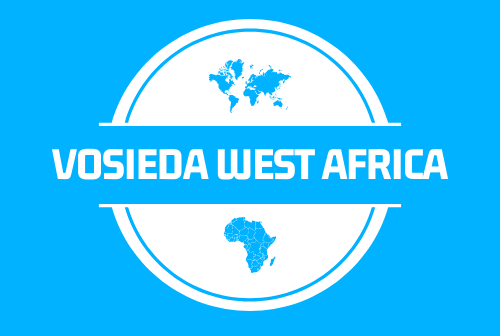The challenge
Most agricultural productions in Liberia are rain-fed. Over 90 percent of small-scale farmers depend on rainfall, which is unpredictable at best, to sustain their crops. As climate change makes it more difficult to predict weather patterns and enable crops planning at the appropriate time, subsistence farming being practiced in Liberia are expected to be at greater risk.
The interventions
Oxfam is committed to integrating climate change adaptation and disaster risk reduction (DRR) strategies into its programmes in contexts where climate change and disasters are a significant driver of poverty and suffering.
In 2009, while implementing an European Union funded food security program in Grand Gedeh and River Gee Counties, Southeastern Liberia, VOSIEDA and Oxfam collaborated to address climate change crisis affecting small scale farmers benefiting from the project as well as other programs of Oxfam. The project designed, tested and implemented innovative solutions to common, yet increasingly complex, challenges climate change post local resource and farming communities in Liberia. The interventions specifically focused on three issues: sustainable natural resource management, addressing climate change impacts on farming communities, and collecting of evidences to scale up Oxfam’s and partners work to influence relevant stakeholders and decision makers.
Key facts:
Sector: Climate Change, Small-scale Agriculture and Natural Resources Management
Domain: Environment and Natural Resources Security
Benefiting zone: Liberia (Grand Gedeh, River Gee, Margibi and Bomi Counties)
Nature: Action Grants
Project 2
Funder: Oxfam International
Duration: 2009 – 2010
Region: Western Africa
Countries: Liberia
Sector: Environment and Natural Resources Security (Climate Change)
The challenge
Most agricultural productions in Liberia are rain-fed. Over 90 percent of small-scale farmers depend on rainfall, which is unpredictable at best, to sustain their crops. As climate change makes it more difficult to predict weather patterns and enable crops planning at the appropriate time, subsistence farming being practiced in Liberia are expected to be at greater risk.
The interventions
Oxfam is committed to integrating climate change adaptation and disaster risk reduction (DRR) strategies into its programmes in contexts where climate change and disasters are a significant driver of poverty and suffering.
In 2009, while implementing an European Union funded food security program in Grand Gedeh and River Gee Counties, Southeastern Liberia, VOSIEDA and Oxfam collaborated to address climate change crisis affecting small scale farmers benefiting from the project as well as other programs of Oxfam. The project designed, tested and implemented innovative solutions to common, yet increasingly complex, challenges climate change post local resource and farming communities in Liberia. The interventions specifically focused on three issues: sustainable natural resource management, addressing climate change impacts on farming communities, and collecting of evidences to scale up Oxfam’s and partners work to influence relevant stakeholders and decision makers.
Key facts:
Sector: Climate Change, Small-scale Agriculture and Natural Resources Management
Domain: Environment and Natural Resources Security
Benefiting zone: Liberia (Grand Gedeh, River Gee, Margibi and Bomi Counties)
Nature: Action Grants
